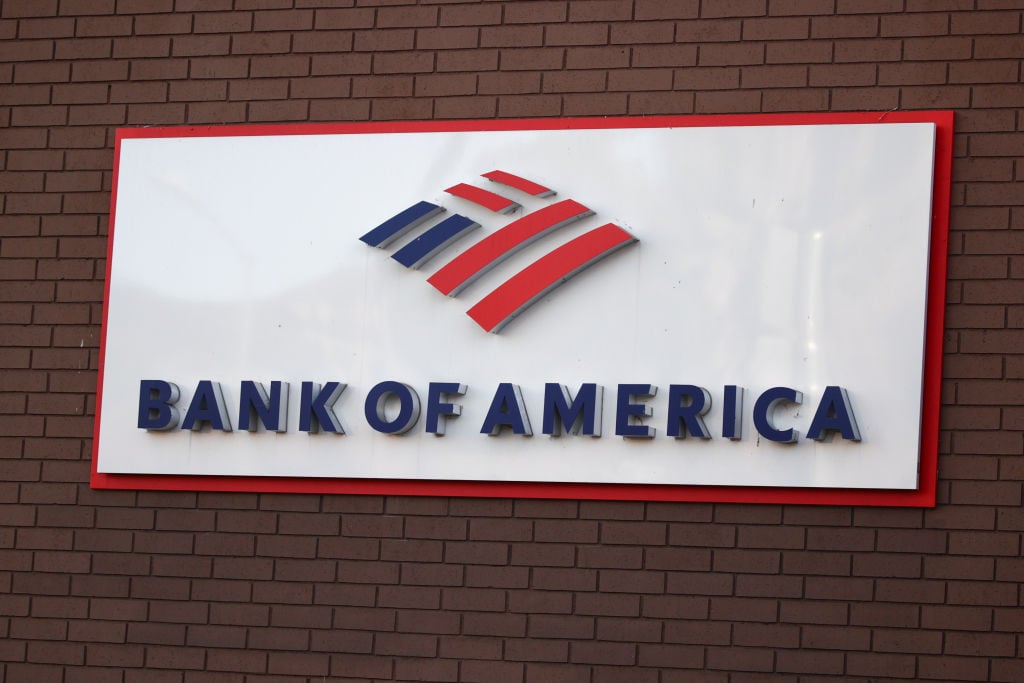Already dealing with record losses and a last-ditch effort to sell itself to Bank of America (NYSE: BAC), Countrywide Financial (NYSE: CFC) just can't seem to get any relief.
Last week, the California-based home lender reported a nine-fold jump in delinquencies of at least 90 days in the past year, now totaling 5.4% of its $28.4 billion adjustable-rate mortgage pool. Perhaps more alarming was that 71% of borrowers from that pool chose to make the absolute minimum payment necessary, which doesn't even cover total interest accrued, thus pushing loan balances higher every month.
Countrywide also disclosed the extent of losses related to home equity lines of credit during 2007. These loans -- a portion of the investment the borrower owns taken out as cash -- proved to be a sore spot. The problem is that once these lines of credit are sold to investors, Countrywide stands at the back of the line for cash flows. If losses exceed a certain level that doesn't meet the requirements of bond holders and the insurers who back them up, such as Ambac (NYSE: ABK) and MBIA (NYSE: MBI), Countrywide is left holding confetti. Such turmoil cost Countrywide $704 million in 2007. Ouch.
Banking on a merger
Continued bad news comes at a particularly dangerous time for Countrywide. As recently as January, shares traded as low as $4.25 -- almost 50% below where they stand today. Most of the reason for the run-up in the past six weeks has been the pending buyout offer by Bank of America that values Countrywide at a bit more than $7 per share.
So why should Countrywide worry? If Bank of America still plans on picking up its pieces, what do investors have to worry about?
That deal may be critical for Countrywide's survival. Recent headwinds for rival mortgage lender Thornburg Mortgage (NYSE: TMA) have led to bankruptcy chatter for lenders who just can't keep up with the daily bashings and continuing sour debt market.
If the deal with Bank of America fell through, Countrywide likely would fall into the same boat. While there hasn't been any talk of pulling out, you can be assured Bank of America executives are following every development with a watchful eye, calibrating what likely payoff Countrywide's integration would produce -- if any.
Yes, it could happen
If the mortgage market continues to deteriorate, it wouldn't be too surprising if Bank of America pulled the plug on the acquisition. Just last year, a deal to purchase educational lender Sallie Mae (NYSE: SLM) went up in flames after deteriorating market conditions caused prospective buyer JC Flowers to do a double take and rethink its analysis. Late last year, Countrywide executives predicted that their company would regain profitability in the fourth quarter, only to report a $422 million loss. That much uncertainly doesn't bode well for Countrywide's takeover chances. With shares trading tellingly below Bank of America's offer, the market appears to be screaming at the top of its lungs that the deal is anything but a sure thing at this point. That's where the fun beings.
If the deal were to fall apart, the hatchet may fall on what is already an industry dominated by investors trembling with fear. More fear leads to more refusal to touch anything associated with mortgages, which leads to more market disruptions, which leads to more writedowns. The fear feeds on itself until all but the strongest of the strong remain standing. That's exactly what happened after the dot-com bust.
The reality of the single life
So if the questions isn't "deal or no deal?" for Countrywide, it's whether or not it can go on as a stand-alone company. Before the merger announcements, some claimed that Countrywide was simply too big to fail. Those predictions should be quickly put to rest -- it isn't. Without access to Bank of America's abundant liquidity, Countrywide would be thrown back into the general debt market that hasn't fared well for anyone lately.
Until further news regarding the acquisition, Countrywide remains holding a coin waiting to be flipped: Heads, it wins; tails, it loses. A successful merger would leave shareholders with a 16% gain at today's prices. If the deal doesn't go through, it likely would leave them with losses that are magnitudes greater. If those odds look appealing to you, by all means, enjoy the ride.
Until then, check out this related Foolishness:





